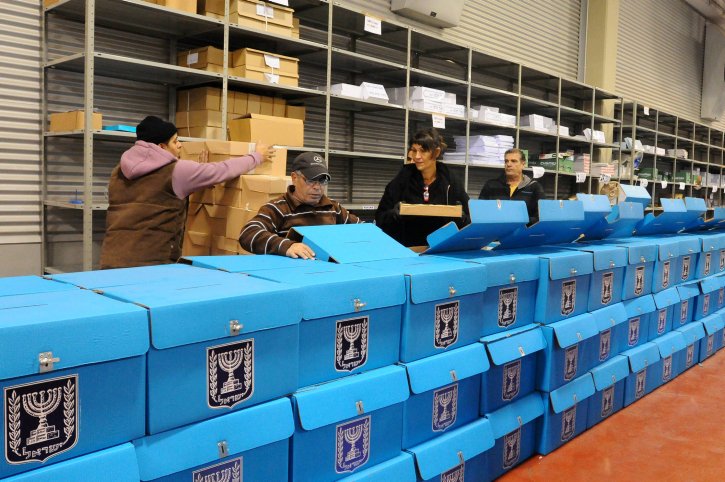Israel: Jerusalem mayoral race narrows to religious, secular Jewish candidates

- Country:
- Israel
The race for mayor of Jerusalem, a role shaping Israel's rule over the sacred city at the heart of its conflict with the Palestinians, will go to a run-off between religious and secular Jewish candidates, election tallies showed on Wednesday.
Moshe Lion, a skullcap-wearing bureaucrat favoured by two key members of Prime Minister Benjamin Netanyahu's rightist cabinet, will face off against Ofer Berkovitch, the 35-year-old deputy mayor after they came out on top of Tuesday's five-man contest - but neither with sufficient votes to win outright.
The ballot was held as part of nationwide Israeli municipal elections in which many candidates run as independents or on non-traditional party lists, making it difficult to gauge any broader political impact from the results.
While Netanyahu's own approval ratings are strong, a senior member of his party and cabinet who ran for Jerusalem mayor with his blessing, Zeev Elkin, came in third in Tuesday's poll.
The Jerusalem vote was largely boycotted by Palestinians who make up a third of the city's population. They live in East Jerusalem, which Israel captured in the 1967 Middle East war and annexed in a move that has not won international recognition.
Many Jerusalem Palestinians complain of entrenched neglect by the Israeli municipality. A Palestinian candidate who bucked the boycott by running for the administrative Jerusalem City Council failed to garner enough votes to get in.
Both Lion and Berkovitch - whose second-round ballot is on Nov 13 - have vowed to appeal to all sectors of the city. Neither is likely to break with Netanyahu government policy against ceding East Jerusalem for the Palestinians' hoped-for future state.
Trailing fourth in Tuesday's mayoral election was Yossi Daitsh, the sole representative of ultra-Orthodox Jews who, by making up 36 per cent of Jerusalem's Jewish Israeli populace, might have been the biggest voting bloc.
Instead, many ultra-Orthodox voted for candidates outside their close-knit community - a possible gauge of their assimilation in wider Israeli society where their welfare benefits and military draft exemptions are often resented.
On the Jerusalem City Council, however, ultra-Orthodox lists took 14 of the 31 seats - the same presence as previously.
Twenty-one per cent of Jerusalem Jews is secular, while 43 per cent is not ultra-Orthodox but of various less strict religious denominations.
(With inputs from agencies.)
- READ MORE ON:
- Benjamin Netanyahu
- New York City
- Prime Minister of Israel
- Prime minister
- Jewish people
- Donald Trump
- Palestinian territories
- Israeli–Palestinian conflict
- Gaza Strip
- United States of America
- 1948 Arab–Israeli War
- Middle East
- Six-Day War
- Haredi Judaism
- Mayor of Jerusalem
- Demographics of Israel
- East Jerusalem
- Israeli Jews
- Palestinians
- World News










